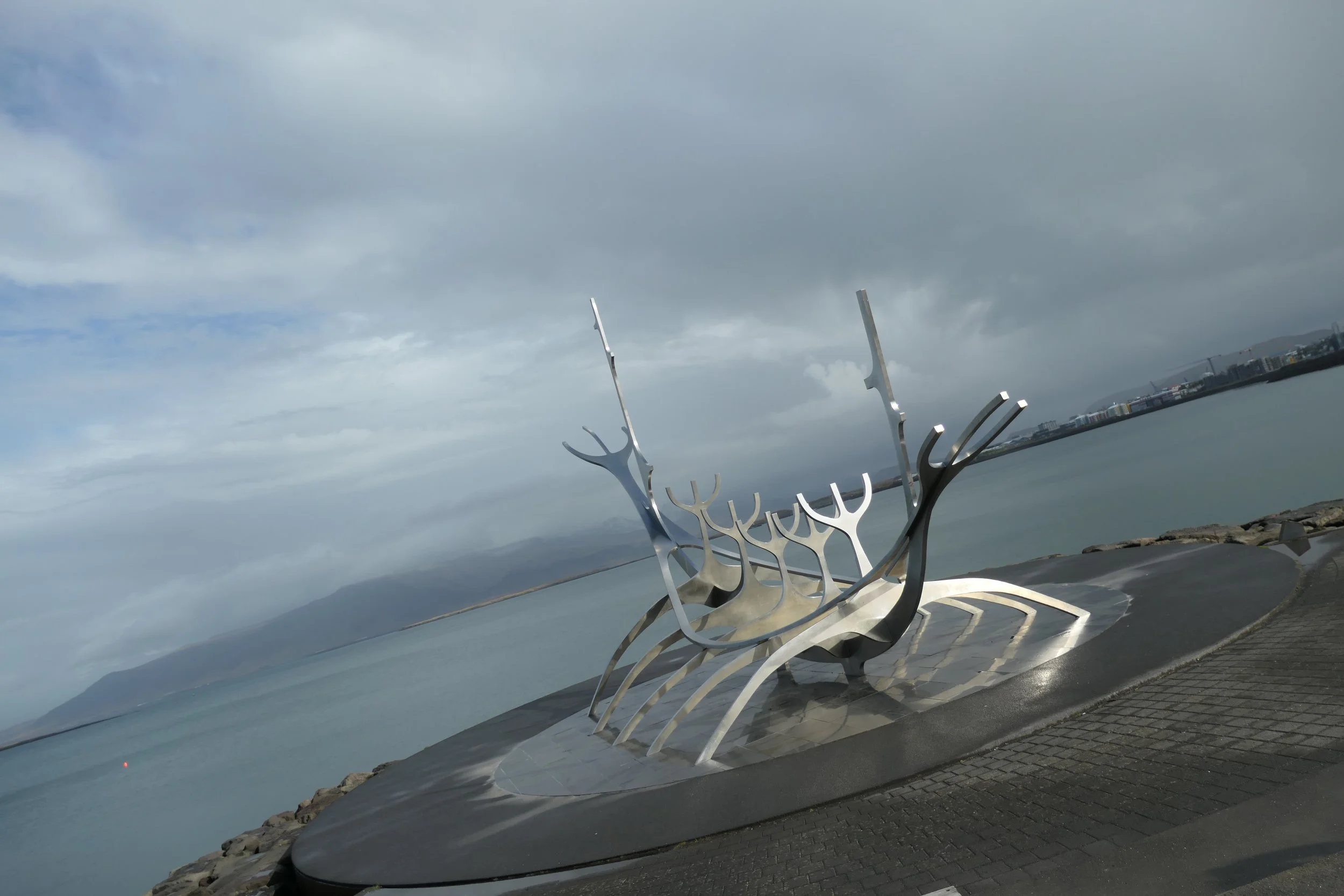“Beliefs are choices.
First you choose your beliefs.
Then your beliefs affect your choices.”
In antiquity, people firmly held the belief that the Earth was flat.
Despite the prevailing belief in a flat Earth, early observations suggested a spherical Earth. The way ships disappeared over the horizon hull-first and the shifting positions of stars when traveling north or south suggested a curved, not flat, planet.
Greek philosophers, such as Pythagoras and Plato, contributed to the idea of a spherical Earth. Aristotle and later astronomers provided more evidence based on observations and measurements.
By the Middle Ages and the Renaissance, belief in a flat Earth had faded in Europe, where the idea of a spherical Earth became the prevailing scientific view.
Countless examples of past beliefs that were later disproven abound. A notable one is geocentrism, the belief that the Earth was the center of the universe with the Sun and other celestial bodies revolving around the Earth.
This was later replaced by the heliocentric model proposed by Copernicus and refined by Kepler and Galileo. Galileo’s observations of Venus and Jupiter supported the heliocentric model. As a result of his beliefs, Galileo was found guilty of heresy, and forced to recant that the Earth revolved around the Sun. He was then placed under house arrest, where he remained for the rest of his life.
These examples highlight how human knowledge has evolved over time, with scientific inquiry and critical thinking leading to the revision of previously held beliefs.
Reflection
Have you ever experienced a shift in your beliefs, where something you once firmly believed evolved or changed as time passed?
Have you ever attempted to influence someone else's beliefs, especially when you held strong convictions in one direction and the other person firmly held different beliefs? If so, what was the outcome of your efforts?
Have you ever experienced someone attempting to persuade you to change your beliefs, engaging in heated debates about the validity of your beliefs versus theirs, never finding common ground?
Have you ever encountered someone who, through thoughtful discussion and debate, managed to influence or change your beliefs?
Decoding the origins and pathways of the belief odyssey
Beliefs can often seem like mysterious odyssesys, with origins and pathways shrouded and concealed. How do we shed light on the Belief odyssey? Why does one person strongly believe A and another person believes B? It's so baffling that it can defy the most vigorous debate or even shouting and screaming, with minds seemingly locked in place.
What prompts someone to undergo a radical transformation of their beliefs, shifting the very core of what they hold to be true?
By understanding more about why we believe what we do and the processes involved in forming and changing beliefs, we can gain illuminating insights into beliefs about ourselves, others, and the world.
